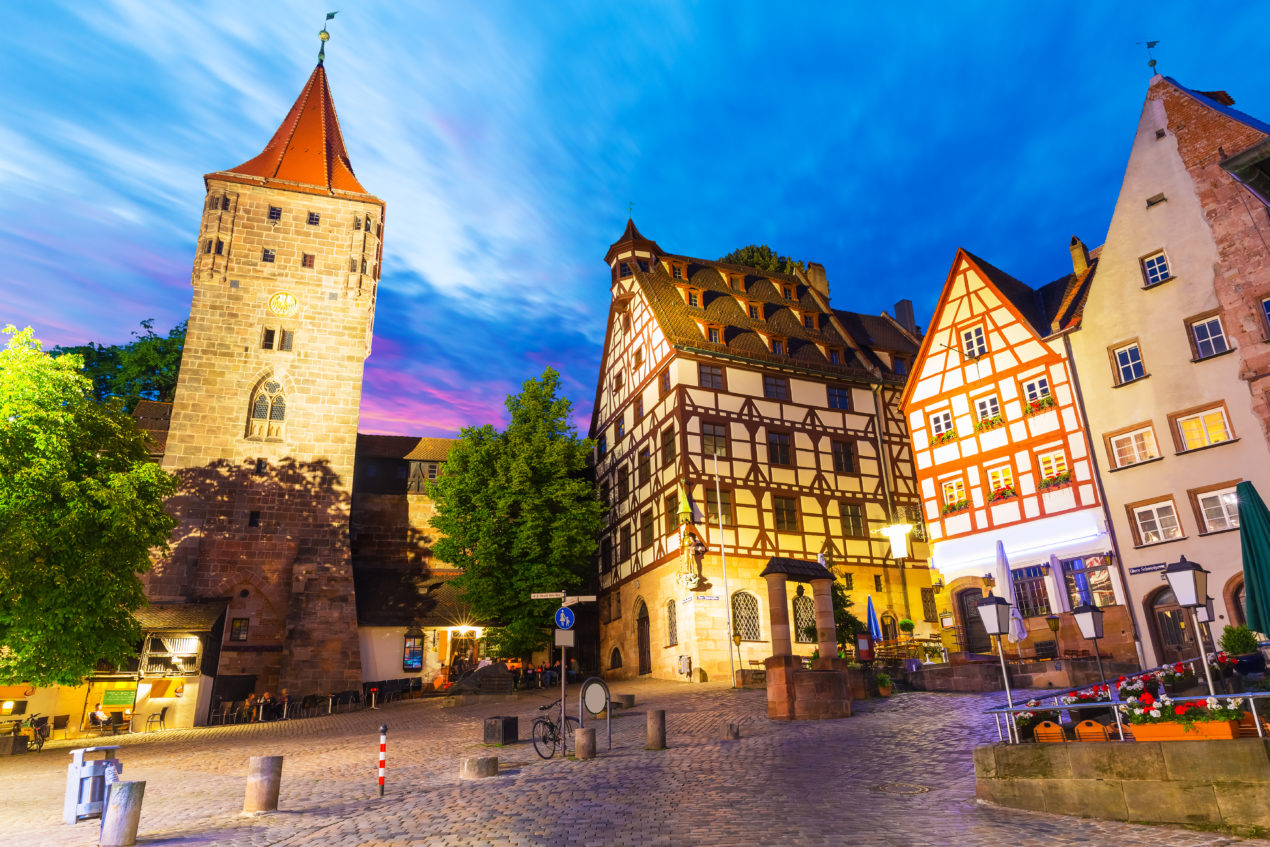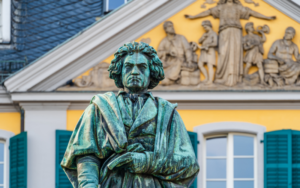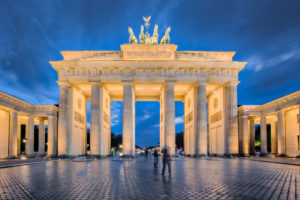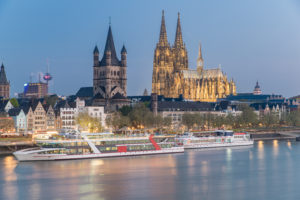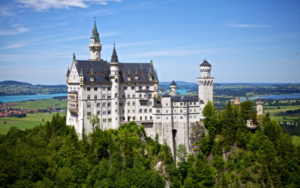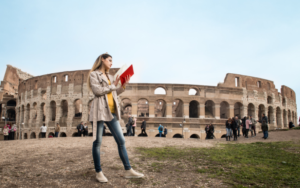Visiting Germany: My Best Tips for an Awesome Trip
This page may contain affiliate links to products or services I’m happy to recommend. If you click on an affiliate link and then make a purchase, Artsy Traveler may earn a small commission at no cost to you. Thank you!
Artsy-worthy sites and experiences are thick on the ground in Germany. Enjoy performances in stunning, world-class concert venues, visit some of the planet’s best collections of Roman and Middle Eastern art and artifacts, and tour several world-class art museums.
And drink beer.
Recent Posts About Germany
Introducing Germany
Germany and Music
As is fitting for the country that gave the world Bach, Beethoven, and scores more great classical composers, music will likely play an outsized role in your artsy sightseeing itinerary in Germany.
Visit music museums and attend concerts in world-class venues like the Philharmonie Berlin and the Elbphilharmonie in Hamburg.
Ancient Art & Architecture
Find ancient art and architecture in Roman ruins and excellent museums such as the Romano-Germanic Museum in Cologne.
In Berlin, tour the Pergamon Museum on Museum Island to see monumental classical antiquities such as the Pergamon Altar. Other museums on Museum Island include archeological treasures with the fabulous Neues Museum (my fave) featuring the famous Bust of Nefertiti. Buy tickets in advance to skip the line.
Visual Art in Germany
In Nuremberg, the house of Albrecht Dürer is a main attraction and in Berlin, find huge collections of Old Masters in the Gemäldegalerie and the Alte Nationalgalerie.
Max Ernst, a 20th-century German surrealist artist who was dubbed decadent and forced to flee Germany in the 1930s, now has a museum dedicated to his work just outside Cologne. You’ll find lots more modern art museums in Germany including the Pinakothek der Moderne in Munich, one of the top modern art museums in the world.
Historical Legacies
The legacies of World War II and the Cold War are still very much in evidence in Germany, from the stumbling stones in Berlin (read about them in Booming Berlin) to the preserved remains of the concentration camps.
The arts have played a positive role in the healing process with such powerful monuments as the Memorial to the Murdered Jews of Europe in Berlin.
Planning to Travel in Germany
Germany extends from the North Sea and Denmark in the north to Austria and the Alps in the south and from France and the Netherlands in the west to Poland, the Czech Republic, and Hungary in the east.
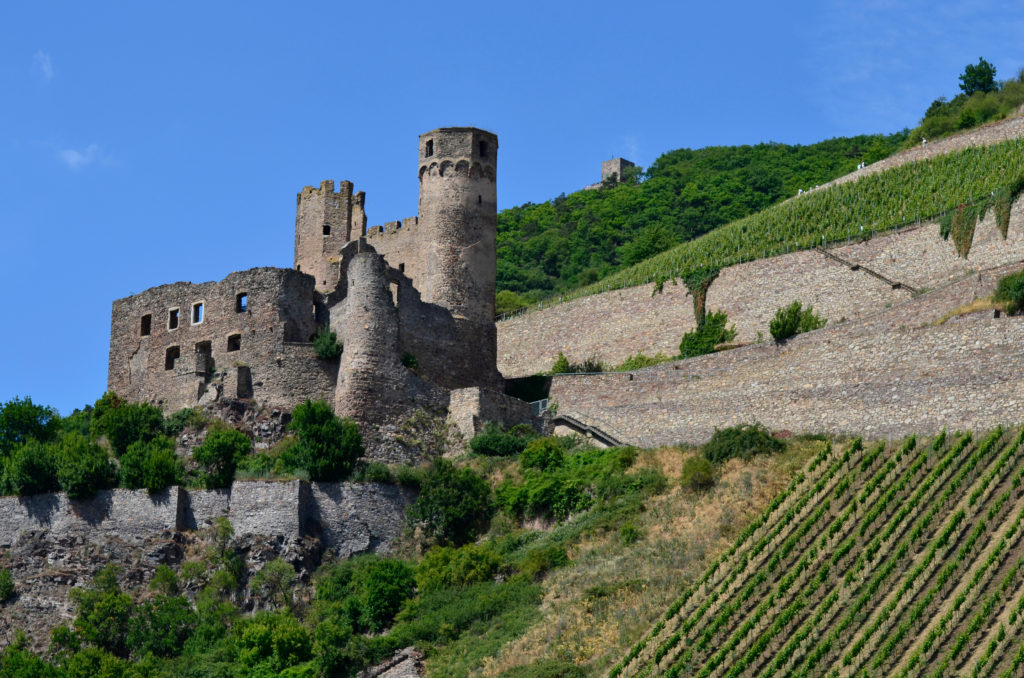
Although only the seventh largest country in Europe (smaller than Norway but larger than Finland), to me, Germany feels big, perhaps because on more than a few trips, we’ve run into some doozy traffic jams!
Choose Your Transportation
People drive fast on the famous Autobahnen—when the traffic and roadworks allow! If you enjoy driving, you’ll be fine in Germany; if not, take advantage of the large rail system to get from city to city.
Public Transit
Germany is bordered by many other countries you might also be visiting, so taking public transit makes sense. If you have a rail pass, zip from Paris to Berlin in nine hours or from Berlin to Munich in about four hours.
Check the Rail Europe website for rail schedules to see if traveling in Germany by train makes sense for you.
Rental Car
We’ve driven a lot in Germany and while the driving is not as challenging as in, say, Italy, the volume of traffic is high, and we’ve encountered a lot of construction. In fact, we’ve driven through more construction zones in Germany than anywhere else in Europe!
Be warned! Sometimes the slow-downs and enforced detours really affect how far you get in a day.
If your GPS shows a traffic slow-down, usually indicated by the route turning red, consider other options.
Driving Tips
If you’re city-hopping in Germany, you won’t need a car. Consider renting a car if you plan to get off the beaten track. For example, exploring the scenic Rhine Valley or the twisting Mosel Valley with its scores of vineyards is much easier with a car. In Bavaria and the Black Forest, a car is also an asset to tootle around the cute villages as well as to visit the “Mad Ludwig” castles such as Neuschwanstein Castle near Füssen.
Unlike in other European countries such as Italy, France, and Portugal (and a little bit in Spain), you don’t usually pay tolls to drive on the Autobahn in Germany. That’s good news because toll costs can really add up.
TIP: Avoid driving into the medieval center of small German towns. You’ll get lost and are almost assured of scraping the side of your rental car. Park in a parking lot outside the city gates and either walk or, if you have luggage, hail a taxi.
Exits in Germany
In Germany, an exit is called an ausfahrt. When you see that sign next to a slip road, you’ll know you’re heading off the main road.
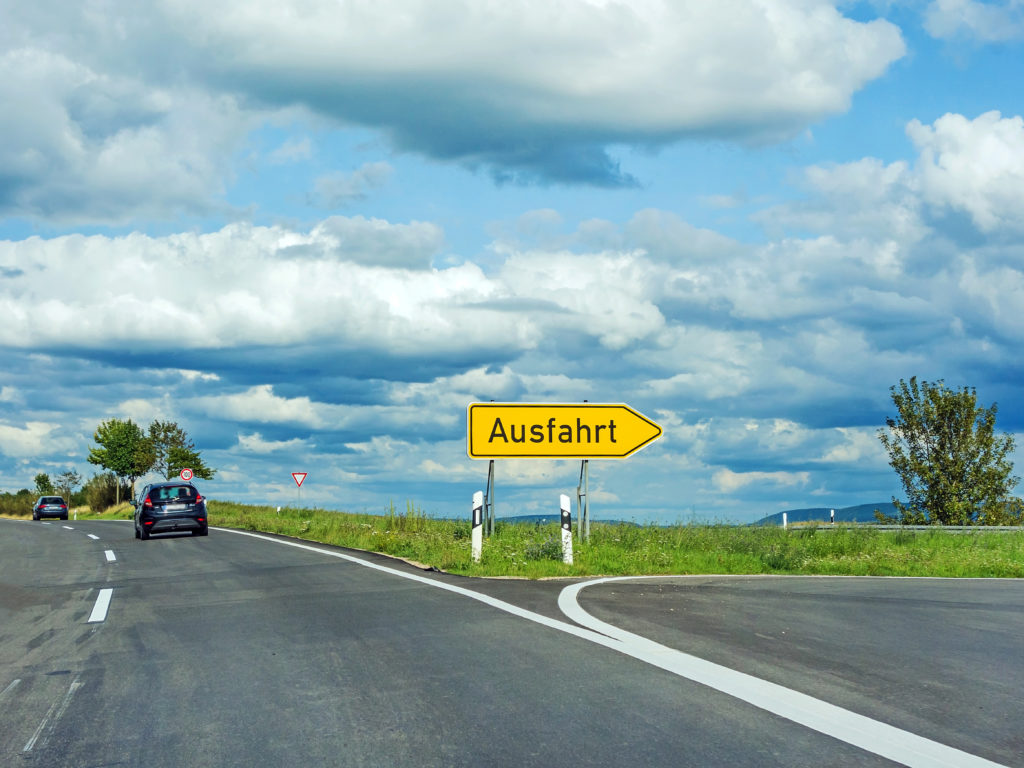
Driving into Germany
Because Germany is almost totally landlocked except for the bit in the north that borders the North Sea and Baltic Sea, you can drive into Germany from a number of countries including the Netherlands, France, Austria, Hungry, the Czech Republic, and Poland.
Most of the time, the only indication that you’ve crossed into Germany is the Willkommen in Deutschland sign (Welcome to Germany).
Check for Events and Exhibitions
Before you travel in Germany, check online for exhibitions and performances. Also be on the lookout for local festivals.
We’ve snagged same-day tickets for music performances in Leipzig, Cologne, and Berlin. Find the box office at the venue and ask if tickets are available. We were amazed first, that tickets were available and second, that the prices were incredibly reasonable, compared to what we’re used to paying at home.
In Leipzig, we paid just €30 for two tickets for a stunning solo piano concert at the famed Gewandhaus.
The Gewandhaus is famous for being the venue for the first performance by pianist Clara Schumann (née Wieck) who plays a role in my novel, A Woman of Note. Back in Clara’s day, the Gewandhaus looked very different from the ultra-modern concert hall it is today.
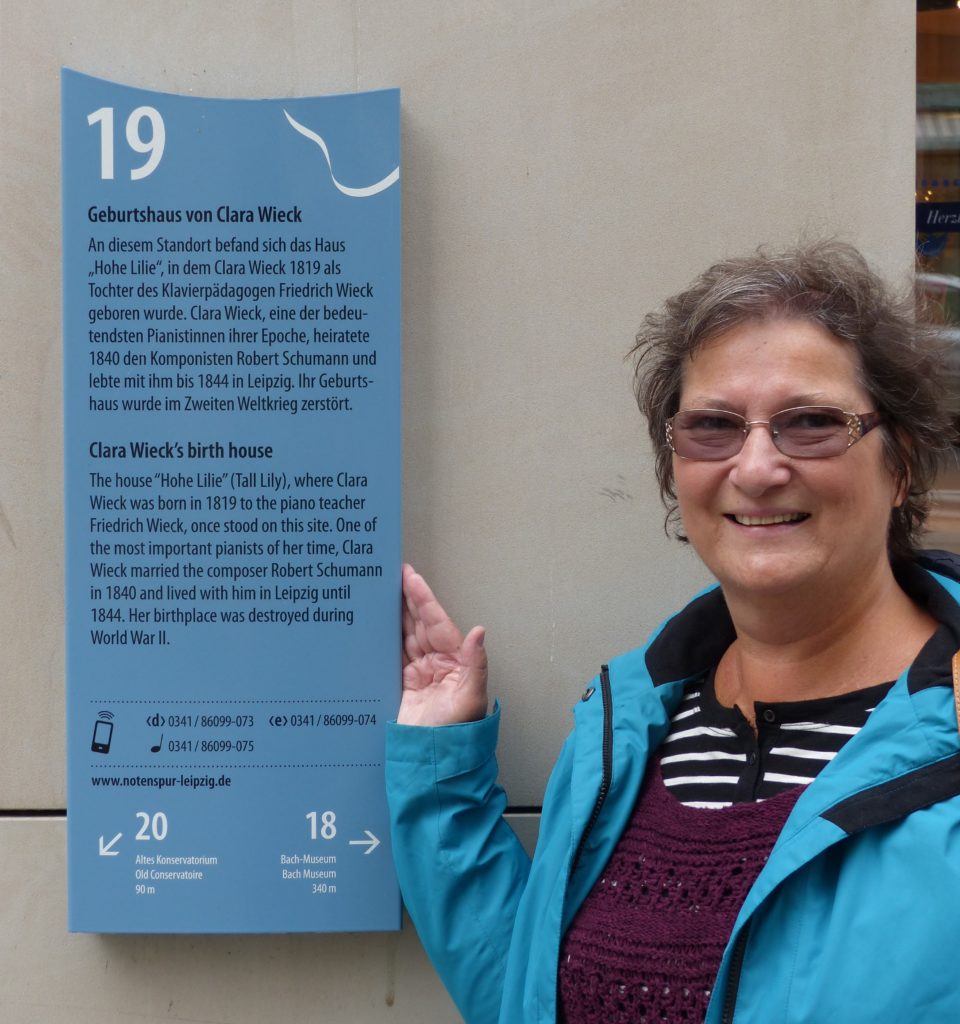
Practical Tips for Travel in Germany
Communicating in Germany
English is widely spoken in Germany, particularly by young people. Learn a few German words (particularly “please” and “thank you”), and then smile and switch to English.
Here are a few useful words and phrases.
- Ja – Yes
- Nein – No
- Danke – Thank you.
- Bitte – Please: the magic word in any language
- Bitte schön – Usually said in response to danke so similar to “you’re welcome” or “not at all.”
- Hallo – Hello.
- Guten Tag – Good day
- Ich spreche kein deutsch – I don’t speak German.
- Sprechen Sie Englisch? – Do you speak English?
- Guten Abend – Good evening.
Do you want to brush up on your German? I highly recommend Rocket Languages. They provide courses in just about every European language.
Rocket Language courses include real conversations and lots of listening to give you an aural feel for the language. I download lessons to my phone and listen to them while I’m driving. Click to get a free trial of their German course.
Eating in Germany
Wiener schnitzel, sausages, and beer—that’s traditional German fare found on every menu I saw except in ethnic restaurants. The food in Germany is a bit on the heavy side. In Berlin, we often chose restaurants serving Indian, Chinese or Thai food.

But traditional German food is filling and tasty and the beer is always good. Sample many varieties of wine in the Rhine Valley.
Staying in Germany
In Germany, we’ve stayed in comfortable roadside hotels with traditional décor and a few ultra modern chain hotels. On average, we paid €100 a night for a comfortable three-star hotel and about €125 for a modern four-star hotel. We rented an apartment in Berlin that was spacious and provided a rooftop view of the city.
For more information and recommendations about places to stay in Germany see Where to Stay in Germany: My Best Picks.
Have You Been to Germany? Please share your tips and suggestions for travel in Germany with other artsy travelers in the Comments section below.
